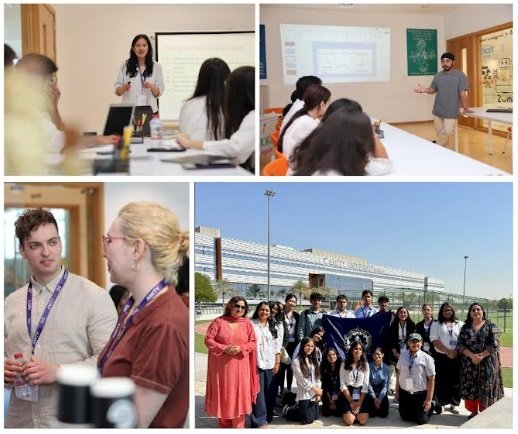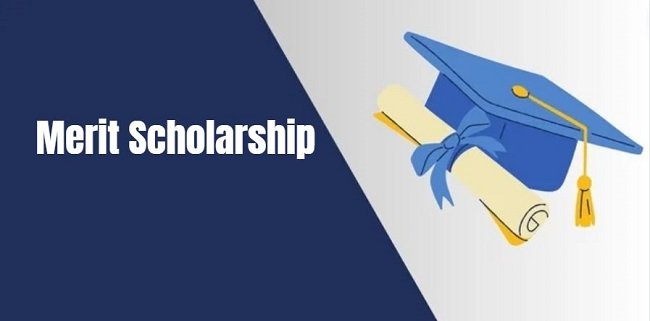- The UNESCO has issued its first-ever recommendations for the responsible use of Generative AI (GenAI) in education, highlighting the importance of data privacy, age restrictions, and responsible AI curricula
In a significant move towards safeguarding the educational sector from the rapid rise of Generative AI, UNESCO has released guidelines, urging governments worldwide to establish stringent regulations. The recommendations emphasise data privacy, age-appropriate usage, and the promotion of responsible AI education.
The GenAI phenomenon, exemplified by the Microsoft-backed OpenAI’s ChatGPT, has ignited an unprecedented surge in popularity, making it the world’s fastest-growing application. In response to its meteoric rise, industry giants like Google have introduced their own GenAI creations, such as Google’s Bard.
Students have embraced GenAI for its ability to effortlessly generate essays and solve complex mathematical problems with minimal input. However, UNESCO is keenly aware of the challenges posed by the rapid integration of this transformative technology into education systems.
“We find ourselves grappling with the need to align our education system’s pace with the lightning-fast advancements in machine learning models,” said Stefania Giannini, Assistant Director-General for Education, in an interview with a media house. “In many cases, governments and schools are embracing a radically unfamiliar technology, one that even leading technologists cannot claim to fully understand.”
In its comprehensive 64-page report, UNESCO emphasises the necessity of implementing government-approved AI curricula in both school and technical and vocational education and training.
“GenAI providers must bear the responsibility of ensuring adherence to fundamental values and legal objectives, including the protection of intellectual property and ethical practices. They must also actively combat disinformation and hate speech,” UNESCO stated.
Furthermore, UNESCO calls for measures to prevent the excessive use of GenAI, which could hinder learners’ development of cognitive abilities and social skills through real-world observations, empirical experiments, human interactions, and independent logical reasoning.
While China has already established regulations for GenAI, the European Union’s AI Act is poised for approval later this year. In contrast, many other countries lag behind in drafting their own AI legislation.
UNESCO, headquartered in Paris, also highlights the importance of safeguarding the rights of teachers and researchers, ensuring that GenAI complements and enhances their practices rather than diminishing their value in the educational landscape.



